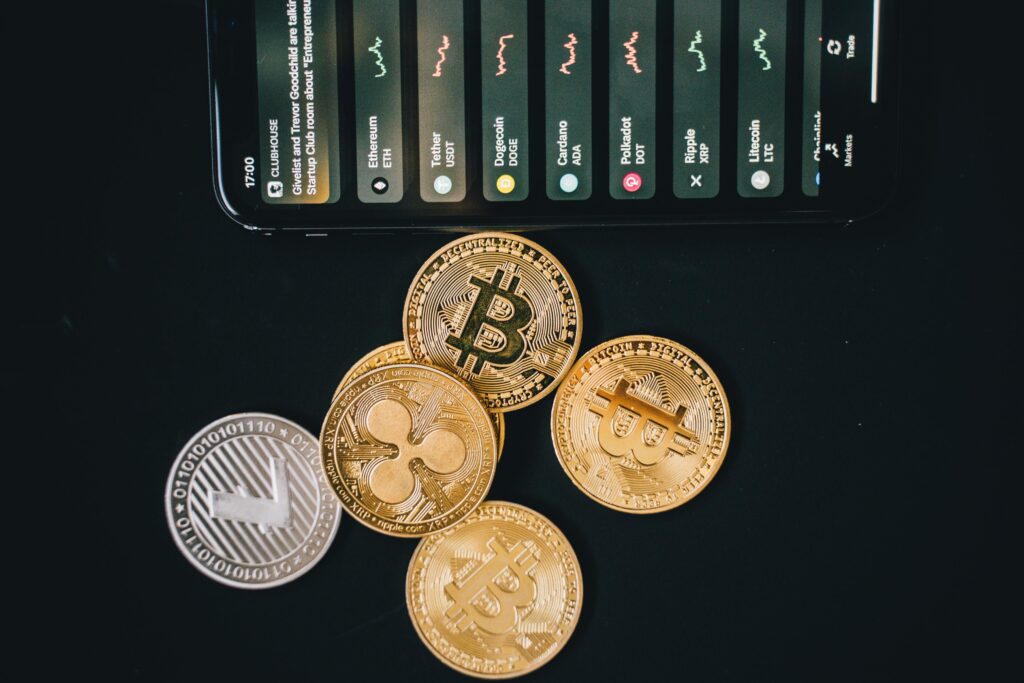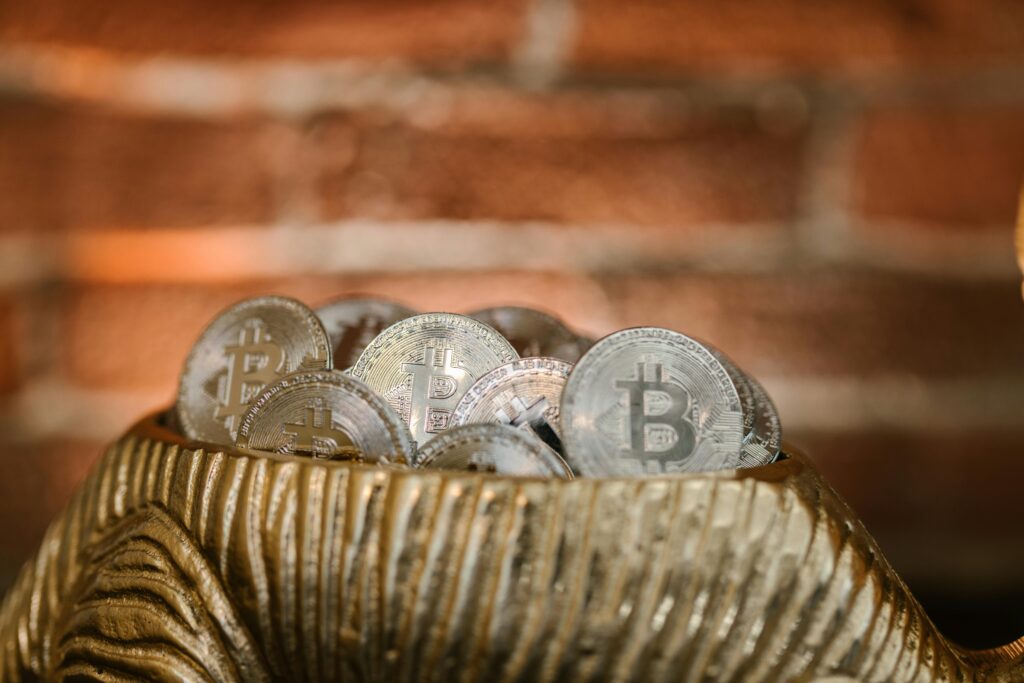When I first heard about Bitcoin back in 2010, I honestly thought it was just another tech gimmick that would disappear in a few months. However, after watching it survive multiple crashes, government bans, and countless predictions of its death, I realized something important. Bitcoin isn’t just about money – it’s about a fundamental shift in how humans think about trust, power, and control.
The Trust Revolution Nobody Saw Coming
Think about every financial transaction you’ve made this week. Moreover, consider how many middlemen were involved. When you bought coffee with your card, the transaction went through your bank, the payment processor, the coffee shop’s bank, and probably a few other companies in between. Furthermore, each of these parties took a small cut and had the power to stop your transaction if they wanted to.
Bitcoin changed all of that by asking a simple question: “What if we didn’t need to trust anyone?” Instead of relying on banks and governments, Bitcoin uses math and computer networks to verify transactions. Consequently, two people can send money to each other anywhere in the world without asking permission from anyone.
This might sound technical, but it’s actually deeply human. Throughout history, money has always been about trust. Additionally, we’ve always needed someone – whether a king, a bank, or a government – to guarantee that our money has value. Bitcoin was the first system that said, “Actually, we can trust math and code instead of people.”

The Digital Gold Rush That Wasn’t About Gold
Meanwhile, something interesting happened as Bitcoin grew. People started calling it “digital gold,” and initially, this comparison made sense. Like gold, Bitcoin is scarce – there will only ever be 21 million bitcoins. Similarly, both are difficult to create and can’t be easily counterfeited.
However, the gold comparison misses something crucial. Gold has been valuable for thousands of years because it’s shiny, doesn’t rust, and cultures worldwide have agreed it’s precious. Bitcoin, on the other hand, is valuable because it represents something entirely new: programmable money. Moreover, this digital gold rush is fundamentally changing how we think about money in ways that traditional gold never could.
Furthermore, unlike gold sitting in a vault, Bitcoin can be programmed to do things automatically. For instance, you could set up a Bitcoin transaction that only happens if certain conditions are met. Therefore, Bitcoin isn’t just digital gold – it’s more like digital contracts that can move value around based on predetermined rules.
The Generation Gap That Explains Everything
Here’s where things get really interesting. If you ask someone over 50 about Bitcoin, they often focus on its volatility or lack of government backing. Nevertheless, if you ask someone under 30, they’re more likely to see it as a natural evolution of money.
This isn’t just about age – it’s about different relationships with technology and authority. Moreover, younger generations grew up with digital everything: digital photos, digital music, digital books. Therefore, digital money doesn’t seem strange to them. Additionally, many young people have less trust in traditional institutions like banks and governments, making Bitcoin’s trustless system more appealing.
Conversely, older generations often prefer systems they can understand and touch. Subsequently, the idea of money that exists only in computers feels risky and uncertain. Both perspectives make sense, but they explain why Bitcoin adoption has been uneven across age groups.
The Energy Debate That’s Missing the Point
Critics often point out that Bitcoin uses a lot of electricity, and they’re right. However, this criticism sometimes misses the bigger picture. Bitcoin’s energy use isn’t waste – it’s the cost of maintaining a financial system that doesn’t need banks, governments, or other trusted third parties.
Moreover, think about how much energy our current financial system uses. Banks have thousands of buildings, millions of employees, massive data centers, and complex infrastructure. Furthermore, the entire military and legal system that protects traditional money also consumes enormous amounts of energy.
Therefore, the question isn’t whether Bitcoin uses energy, but whether it uses energy more efficiently than the system it might replace. Additionally, many Bitcoin miners are increasingly using renewable energy sources, making the network greener over time.

The Store of Value That Acts Like a Teenager
One of Bitcoin’s biggest contradictions is that it was designed to be a stable store of value, but it behaves like an emotional teenager. Consequently, its price swings wildly based on news, tweets, and market sentiment. This volatility makes it difficult to use Bitcoin for everyday purchases.
Nevertheless, supporters argue that this volatility is temporary. Similarly to how the internet was chaotic and unpredictable in its early years, Bitcoin might stabilize as it matures. Furthermore, some countries with unstable currencies have found Bitcoin to be more reliable than their local money, despite its volatility.
Meanwhile, the volatility has created an entire culture around Bitcoin trading and investing. However, this focus on price often overshadows Bitcoin’s original purpose as a peer-to-peer payment system.
The Banking Alternative That Banks Are Adopting
Ironically, Bitcoin was created to replace banks, but now banks are embracing it. Major financial institutions like JPMorgan and Goldman Sachs offer Bitcoin services to their clients. Moreover, some banks are even holding Bitcoin on their balance sheets.
This adoption creates an interesting paradox. On one hand, institutional adoption validates Bitcoin and makes it more mainstream. On the other hand, it somewhat defeats the original purpose of creating a system independent of traditional finance.
Furthermore, as banks get involved, Bitcoin faces the same regulatory pressures as traditional financial products. Consequently, the rebel currency is slowly becoming part of the establishment it was meant to challenge.
The Global Impact We’re Still Understanding
Bitcoin’s influence extends far beyond wealthy investors in developed countries. In places like Venezuela, Argentina, and Nigeria, where local currencies are unstable or heavily controlled, Bitcoin offers an alternative. Therefore, people use it to preserve their savings and send money to family members abroad.
Additionally, Bitcoin has enabled new forms of charitable giving and activism. For instance, organizations can receive donations from anywhere in the world without going through traditional banking systems. Moreover, people in oppressive regimes can use Bitcoin to maintain some financial privacy and freedom.
However, these same features also make Bitcoin attractive to criminals. Subsequently, regulators worldwide are trying to balance innovation with security concerns. This ongoing tension shapes how Bitcoin develops and who can access it.
The Future That Nobody Can Predict
Looking ahead, Bitcoin faces several possible futures. It might become a widely-accepted currency, a digital version of gold, or something entirely different. Moreover, it might succeed alongside traditional money, or it might be replaced by newer technologies.
Furthermore, governments are creating their own digital currencies, which could compete with or complement Bitcoin. Meanwhile, environmental concerns might push Bitcoin toward more sustainable mining practices, or toward alternative consensus mechanisms.
What seems certain is that Bitcoin has already changed how we think about money, trust, and financial systems. Whether you love it or hate it, Bitcoin has sparked conversations about who controls money and why that matters.

The Real Revolution Isn’t Technical
Ultimately, Bitcoin’s most important contribution isn’t technological – it’s philosophical. It made people question assumptions about money that seemed natural and unchangeable. Moreover, it demonstrated that alternatives to traditional financial systems are possible, even if they’re not perfect.
Therefore, even if Bitcoin eventually fails, it has already succeeded in changing the conversation about money. Consequently, we’re seeing innovations in payments, banking, and financial services that might not have existed without Bitcoin’s influence.
The story of Bitcoin is still being written, and like any good story, nobody knows exactly how it will end. However, one thing is clear: we’re living through a fascinating experiment in human cooperation, technology, and trust that will influence how future generations think about money.
For more information about Bitcoin and cryptocurrency, check out educational resources from Coinbase Learn and MIT’s Introduction to Blockchain.




